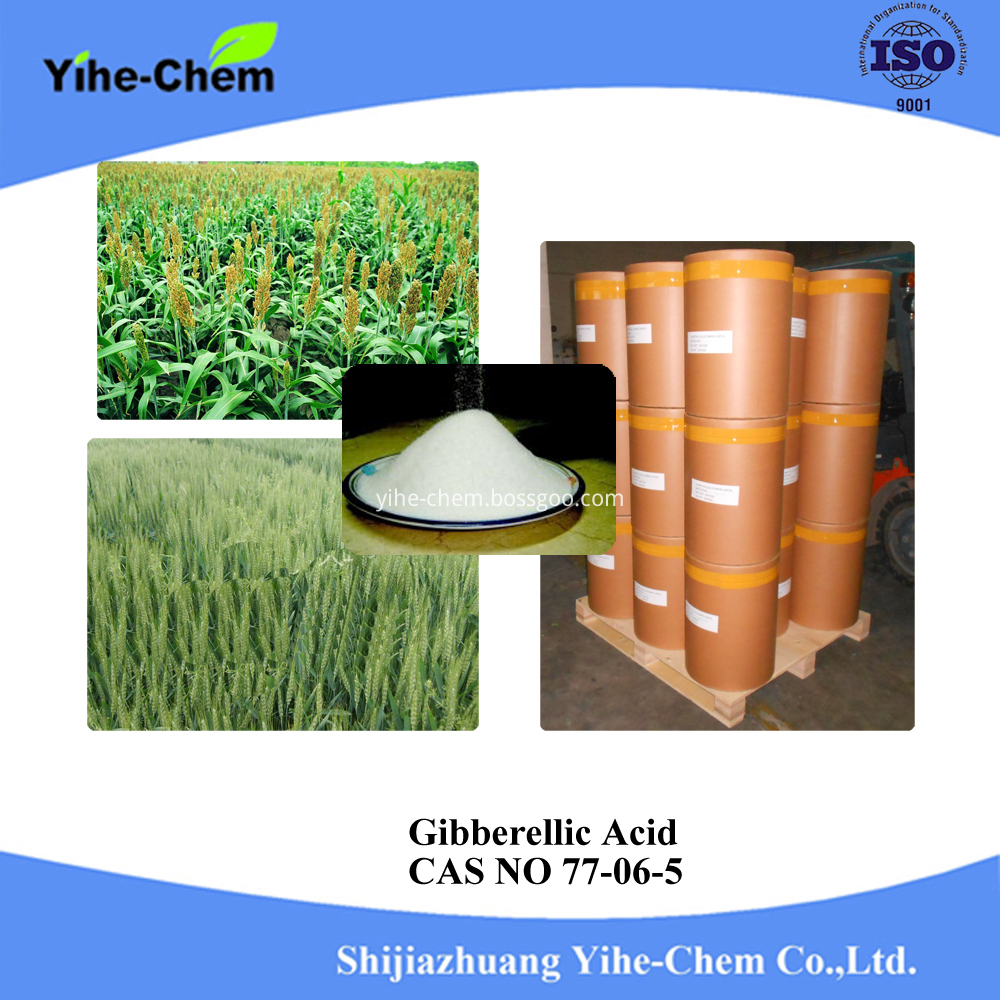After five years of hard work, the Nano Pilot Special "All Solid Battery" project led by the Ningbo Institute of Materials Technology and Engineering of the Chinese Academy of Sciences has passed the acceptance test. According to reports, this technological breakthrough will further promote the large-scale application of domestic solid-state lithium batteries, and is expected to make new energy vehicles last longer and safer.

It is understood that the power batteries currently being industrialized are usually liquid batteries that use liquid materials as electrolytes.
All-solid-state batteries, as the name implies, use solid materials as electrolytes, and related electrolyte materials generally include three categories of polymers, oxides, and sulfides.
Compared with traditional lithium-ion batteries, all-solid-state batteries have obvious advantages. At the same energy, the solid electrolyte replaces the electrolyte and film, and the all-solid battery is thinner and smaller. In addition, the all-solid-state battery is light and has a high energy density. After using the all-solid-state electrolyte, the applicable material system of the lithium-ion battery will also change. You can use metal lithium as the anode instead of the graphite anode, which can significantly reduce the weight of the anode material Improve the energy density of the entire battery.
In addition, the use of all-solid-state batteries can solve the compatibility problems of many new high-performance electrode materials with existing electrolyte systems.
All-solid-state batteries use inorganic solid electrolytes instead of organic electrolytes. In addition to improving the energy density of the battery, they also help to improve battery safety and cycle life.
The nano pilot project “All-Solid Battery†is led by the Ningbo Institute of Materials Technology and Engineering of the Chinese Academy of Sciences. Participating organizations include the Institute of Physics of the Chinese Academy of Sciences and the Dalian Institute of Chemical Physics of the Chinese Academy of Sciences.
The team mainly developed a series of high-performance solid electrolyte materials, hybrid solid-liquid electrolyte cells based on in-situ solidification and all-solid-state lithium battery cells, breaking through related technologies from material development to battery integration.
Previously, solid-state batteries faced some practical difficulties in the industrialization process. For example, the compatibility of lithium metal with solid electrolytes is poor, which affects the performance of metal lithium anode materials. Right now, this scientific and technological achievement has gone out of the laboratory and entered the "industry door".
At present, many countries around the world are deploying all-solid-state battery technology research and development, and strive to seize the opportunity in the future lithium battery market competition. Among them are 23 cars in Japan, Toyota, Honda, Nissan, Panasonic, battery and materials companies, and Kyoto University and 15 academic institutions, including the Japan Institute of Physical Chemistry, announced that they will spend 10 billion yen to jointly develop next-generation electric vehicle all-solid lithium batteries.
In addition, Samsung, Dyson, Mercedes-Benz and other industrial giants have also set foot in solid-state battery research and development.
Based on the nano pilot project “All Solid Batteryâ€, Jiangxi Ganfeng Lithium Co., Ltd. invested RMB 500 million in Ningbo to build a 100 watt-hour solid-state lithium-ion battery production line and launched the first-generation products for new energy vehicle users. Promotion and marketing.
The announcement issued by Ganfeng Lithium Industry in December last year shows that the newly established Ningbo company will focus on the development of a full set of process and product upgrade technologies for solid-state lithium battery core materials, high specific energy solid-state lithium battery cells and modules. The construction period of the project is 2 years, and an R & D pilot production line for the first generation solid-state lithium battery with an annual output of one million watt-hours will be built.
In addition, the Institute of Physics of the Chinese Academy of Sciences also cooperated with Beijing Weilan New Energy Technology Co., Ltd. to establish Jiangsu Weilan New Energy Battery Co., Ltd. in Liyang, Jiangsu, and is constructing a battery pilot line.
"The international competition is very fierce. At this stage, China has ranked first in the world in terms of power battery technology and overall competitiveness of the industry." The relevant person in charge of Ningbo Materials Institute said, and the implementation of this topic is to develop new The safe and long-life power battery technology has laid a solid scientific and technical foundation, and has a profound impact on the early realization of the large-scale application of domestic all-solid lithium batteries.
Trinexapac-ethyl is a synthetic plant growth regulator that is derived from cyclohexanecarboxylate. Trinexapac-ethyl is used to control the growth on various grass species and crops. Trinexpac-ethyl is applied as a foliar spray, post-emergence, and is translocated to the growing shoot.
Trinexapac-ethyl as an inhibitor of the action of a key enzyme in the formation of GA1, preventing the formation of the Plant Growth Regulator gibberllins, which promotes cell elongation.In the absence of gibberellins the internodes of the plants fail to grow and prevent the plant from growing taller. This can be used to prevent lodging in crops and amenity turf, increase the yield in crops by redirecting energy into the production of reproductive parts and finally to reduce the frequency of mowing in turf.Trinexapac-ethyl is approved for use on cereal crops such as barley, durum wheat, oats, rye, triticale and wheat as well as grassland, amenity turf and managed turf.
Plant Growth Regulator
Abscisic acid
Gibberellic Acid
Thidiazuron
Trinexapac-ethyl
Triacontanol
Paclobutrazol

Plant Growth Regulator
Gibberellic Acid Plant Growth Regulator,Triacontanol Plant Growth Regulator,Paclobutrazol Plant Growth Regulator,Thidiazuron Plant Growth Regulator
shijiazhuang yihe-chem co.,ltd , https://www.yihe-chem.com